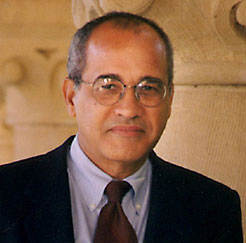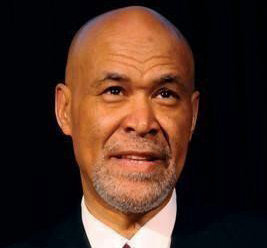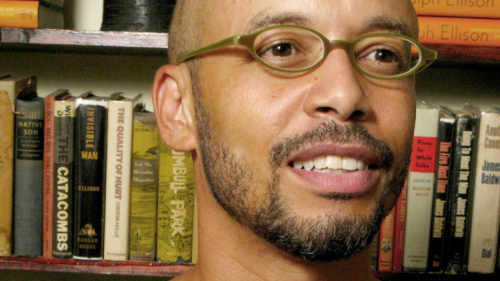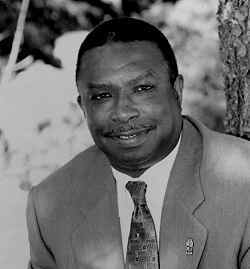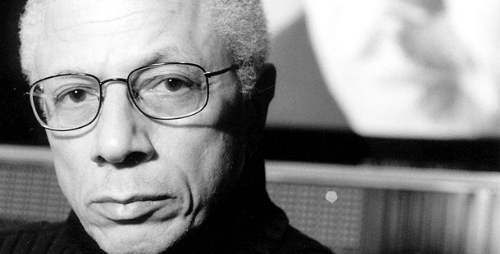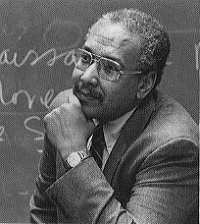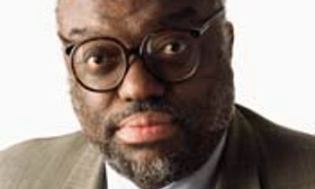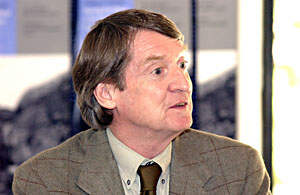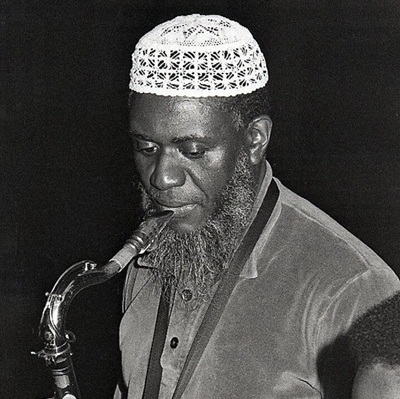The Ralph Ellison Project — Arnold Rampersad, author of Ralph Ellison: A Biography
Ralph Ellison is justly celebrated for his epochal novel Invisible Man, which won the National Book Award in 1953 and has become a classic of American literature. But Ellisons strange inability to finish a second novel, despite his dogged efforts and soaring prestige, made him a supremely enigmatic figure. In Ralph Ellison: A Biography, Arnold Rampersad skillfully tells the story of a writer whose thunderous novel and astute, courageous essays on race, literature, and culture assure him of a permanent place in our literary heritage.
...August 20th, 2007




